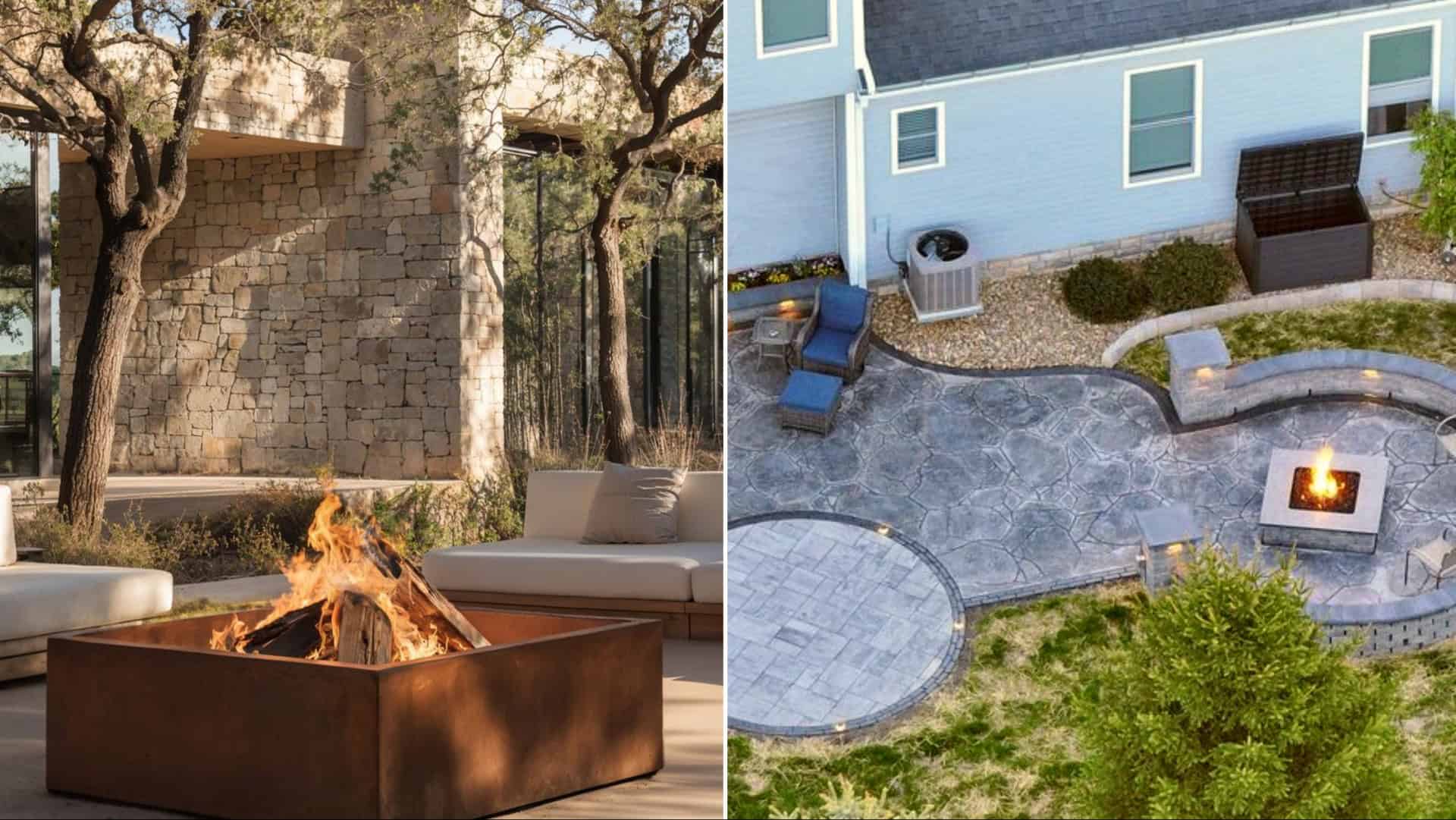In the ever-evolving landscape of environmental consciousness, certain yard features are under scrutiny.
As sustainability becomes a priority, traditional yard elements face potential bans.
This article explores 10 popular yard features that might soon be prohibited in the US due to environmental and regulatory concerns.
1. Large Grass Lawns
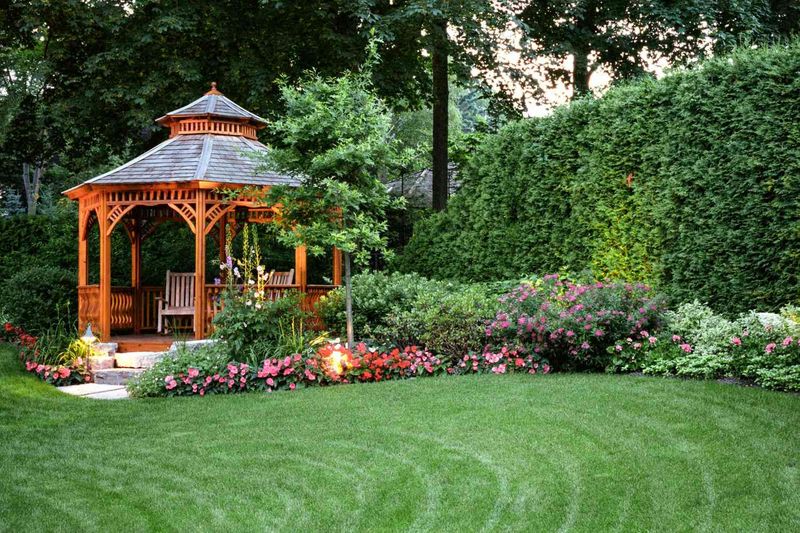
Grass lawns, with their lush green appeal, are often synonymous with suburban charm. However, their high water consumption raises concerns.
In regions facing drought, their impact is significant. Many are considering restrictions to conserve water.
The potential ban underscores a shift towards sustainable landscaping solutions that prioritize native plants and xeriscaping.
2. Artificial Turf
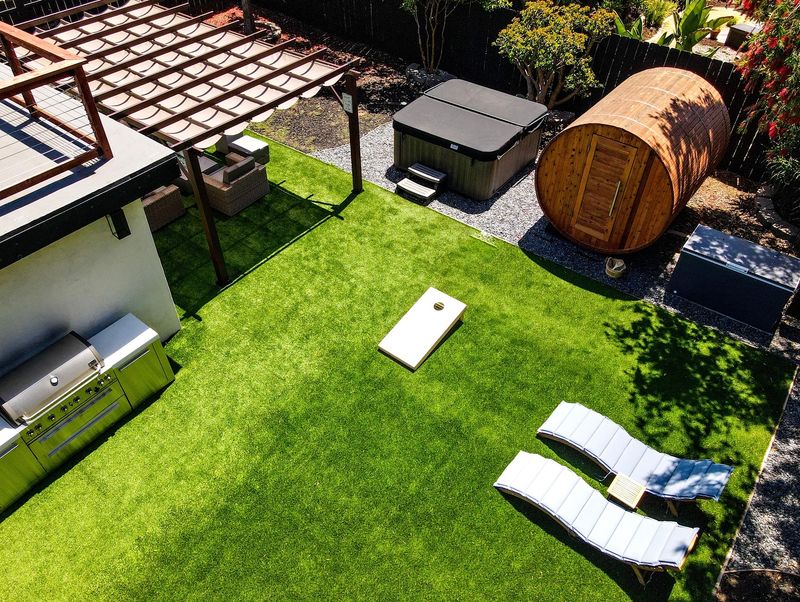
Artificial turf may seem like a low-maintenance alternative to grass. But concerns about heat retention and microplastics are growing.
Environmentalists argue it contributes to urban heat islands. Some states are considering bans to encourage eco-friendly options.
The synthetic surface, while convenient, lacks the environmental benefits of natural grass.
3. Invasive Plant Species

Invasive plants, though sometimes beautiful, can choke out native species. Their spread disrupts ecosystems, leading to biodiversity loss.
Many regions are implementing bans or controls. By focusing on native vegetation, gardens can thrive in harmony.
The push to ban these plants highlights the importance of preserving local flora and fauna.
4. Outdoor Wood-Burning Fire Pits
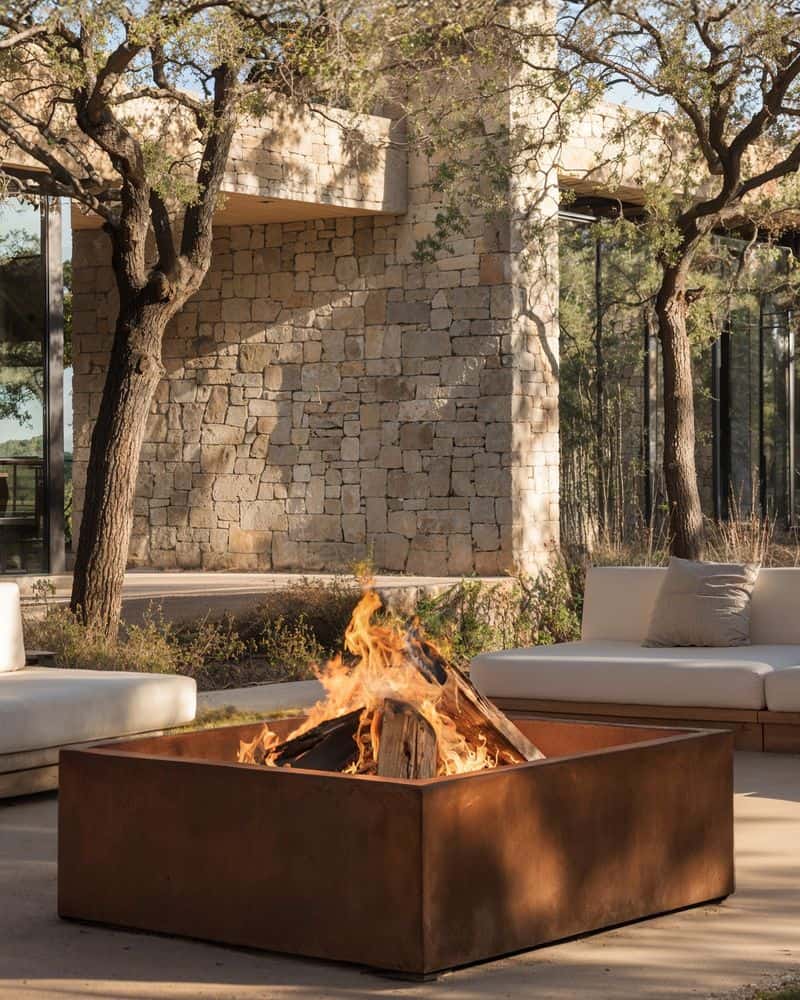
Outdoor fire pits offer warmth and ambiance. Yet, concerns about air pollution and fire hazards are prominent.
In densely populated areas, restrictions are likely. Alternatives like gas fire pits could be encouraged.
This potential ban reflects the growing awareness of air quality and safety in communal spaces.
5. Privacy Fences Over 4ft Tall
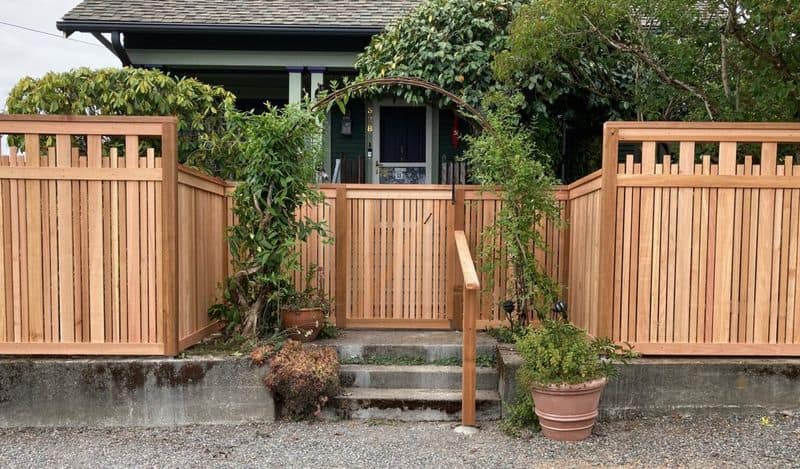
Privacy fences, while offering seclusion, can create community divide. Taller fences obstruct sightlines and sunlight.
Some municipalities consider height restrictions to foster openness and neighborliness.
This potential ban encourages a balance between privacy and community interaction.
6. Chemical Pesticides and Herbicides

Chemical pesticides offer a quick fix for pest problems. However, their environmental and health impacts are concerning.
Some regions advocate for bans to protect ecosystems. Organic solutions are gaining popularity.
This potential ban emphasizes the shift towards sustainable and safe gardening practices.
7. Large Concrete Patios
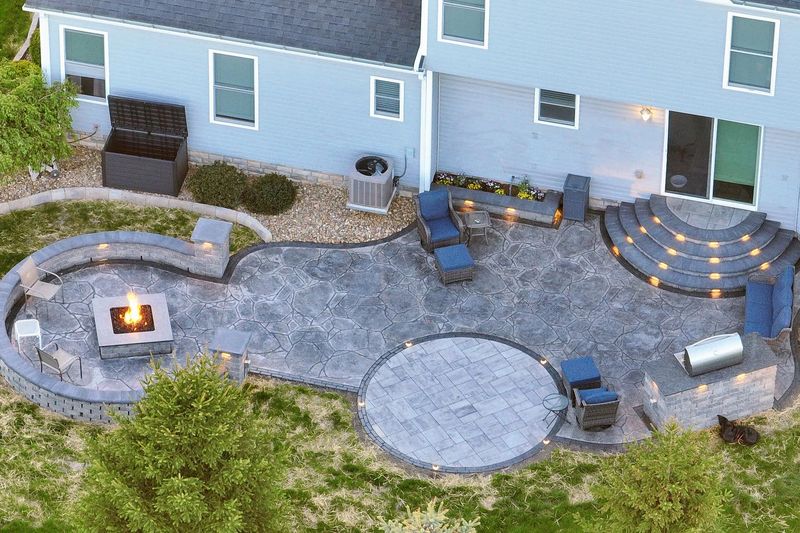
Large concrete patios provide space for outdoor activities. Yet, they contribute to urban runoff and heat islands. Environmental concerns are pushing for permeable alternatives.
This potential ban reflects a move towards eco-friendly landscaping solutions.
Choosing green materials can enhance the environmental quality of outdoor spaces.
8. Leaf Blowers
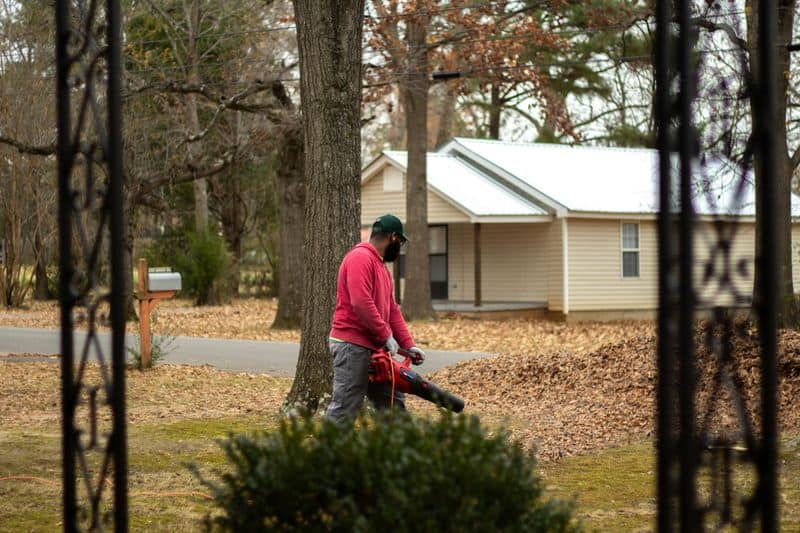
Leaf blowers, though efficient, are notorious for noise pollution. Their emissions also raise environmental red flags.
Cities are exploring bans, favoring quieter alternatives.
This potential ban highlights a trend toward reducing noise and air pollution in residential areas.
9. Vegetable Gardens in Front Yards

Front yard vegetable gardens can transform curb appeal. Yet, some HOAs restrict them, citing aesthetic concerns.
As urban farming gains momentum, these bans face challenges.
This potential restriction emphasizes the balance between personal gardening freedoms and community standards.
10. Above-Ground Swimming Pools
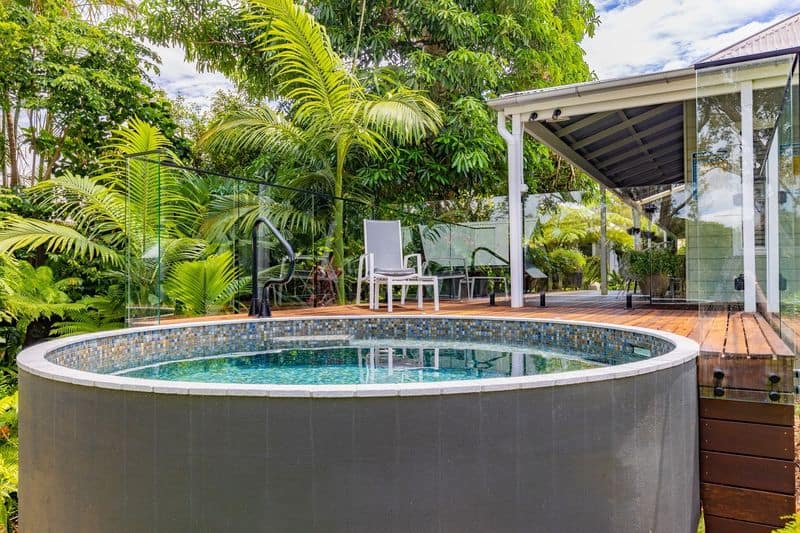
Above-ground pools offer summer fun. But safety and aesthetic concerns lead to potential bans.
Some communities prefer in-ground pools for their sleek appearance.
This potential restriction reflects a shift towards safer and more visually appealing outdoor amenities.

